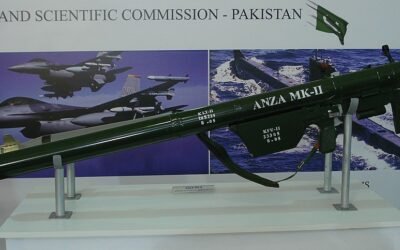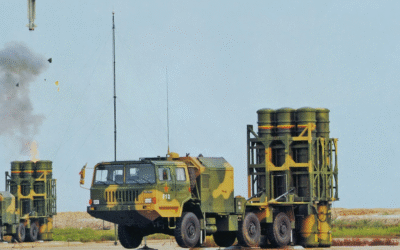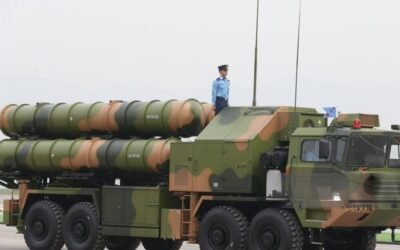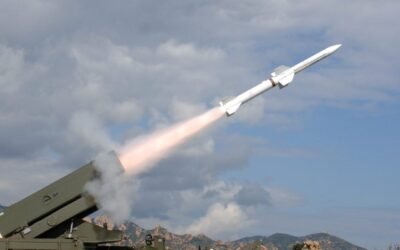The Ghauri-I is a medium-range ballistic missile (MRBM) and was a landmark achievement in Pakistan’s liquid-fueled missile program. Named after the 12th-century Sultan Shahabuddin Ghauri, this missile was the first of the Ghauri series and provided Pakistan with a significant strategic range extension. The Ghauri-I is a single-stage, liquid-propellant missile with a range of 1,500 km. While its liquid-fueled nature requires a longer preparation time before launch, making it more vulnerable on the ground, it is capable of carrying a heavier payload compared to some solid-fueled missiles. The Ghauri-I can deliver a conventional or nuclear warhead with a payload capacity of up to 1,158 kg. Its guidance system is a combination of inertial and terminal guidance, which provides a reasonable level of accuracy for a missile of its class. The Ghauri-I’s development was a direct response to the missile programs of regional adversaries and was seen as a major step in establishing a credible nuclear deterrent. The missile is launched from a static launch pad, which is a major difference from the more mobile solid-fueled systems. Despite being superseded by more advanced solid-fueled missiles, the Ghauri-I remains a part of Pakistan’s strategic arsenal.
- Type: Medium-Range Ballistic Missile (MRBM)
- Propulsion: Single-stage liquid-fuel rocket engine
- Range: 1,500 km
- Payload: Up to 1,158 kg, conventional or nuclear warhead
- Guidance: Inertial and Terminal guidance systems
- Launch Platform: Static launch pad
- Length: 15.9 m
- Weight: 15,850 kg







